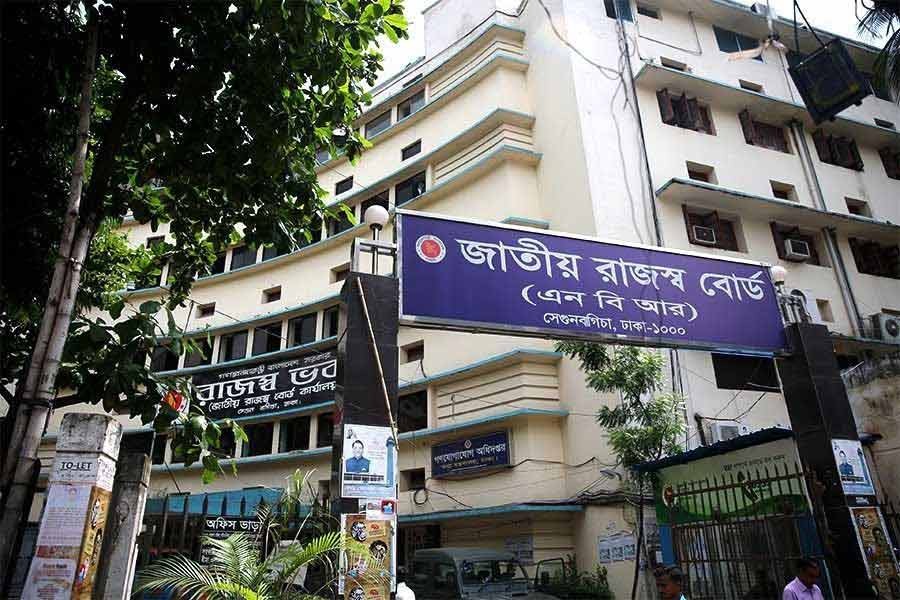
Published :
Updated :

As is the practice every year, the country's business leaders at a recently held pre-budget meeting with the government came up with their suggestions on a more business-friendly tax regime. With the global commodities market already volatile as a fall-out from the pandemic and the ongoing war in Ukraine, the cost of doing business has understandably seen an unprecedented rise everywhere. Needless to say, the situation is no better for the business community in this part of the world. Obviously, the taxes levied at various phases of operations and transactions of a business contribute to the rise in the cost of doing business.
As such, the sources of the difficulty the stakeholders pointed out included, among others, Value-Added Tax (VAT), Tax Deducted at Source (TDS), import duty on essential commodities, corporate tax, the 'withholding VAT' or VAT Deduction at Source (VDS) and so on. Notably, to rein in the runaway price inflation of essentials, the government has meanwhile withdrawn the import duties on some essential commodities, which is one of the demands made by the business community. In a similar vein, corporate tax, which is known to be the highest in Bangladesh among the South Asian countries, may also be given due consideration.
Along with their proposals on tax cuts, the trade body leaders have also come up with some very welcome ideas such as extension of the warehouse facilities for export-oriented businesses and gradually doing away with the provision of incentives by 2026 as it goes against the World Trade Organisation (WTO)'s policies. The government would do well to take note of these suggestions made by the business leaders. Hopefully, in the spirit of its word of framing a pro-business budget for the upcoming fiscal year FY 2022-23, the government would take steps as required to accommodate the business community's other tax-related demands as far as practicable.
Since tax is unavoidable as it is the chief source of any government's income, the government's emphasis should be on making it tolerable for the taxpayers, while at the same time making efforts to bring more people and entities under the tax net. For example, the business entities at the district and upazila levels should also be reached by tax officials to widen the tax coverage.
It may be pointed out here that the present system of tax collection is based on meeting yearly targets. But how can the tax officials meet a higher revenue limit set for a particular year, if they have to depend on the existing number of taxpayers? So, there should be more research done especially by the National Board of Revenue (NBR) to increase the scope of direct tax and devise innovative methods to encourage tax-shy people to come forward to pay tax. At the same time, the government should plug the loopholes in the tax policy so that the rich tax-dodgers and holders of black money may not get away with their stratagems, but are duly brought under the tax net. On this score, the NBR may set a target of, say, increasing the number of taxpayers by one million every year. Of course, this would require a manifold increase in NBR's resources including manpower. It is believed that the government would extend necessary support to strengthen NBR's capacity and efficiency. This would enable the tax authority to render its service both to the business and the public better.


 For all latest news, follow The Financial Express Google News channel.
For all latest news, follow The Financial Express Google News channel.